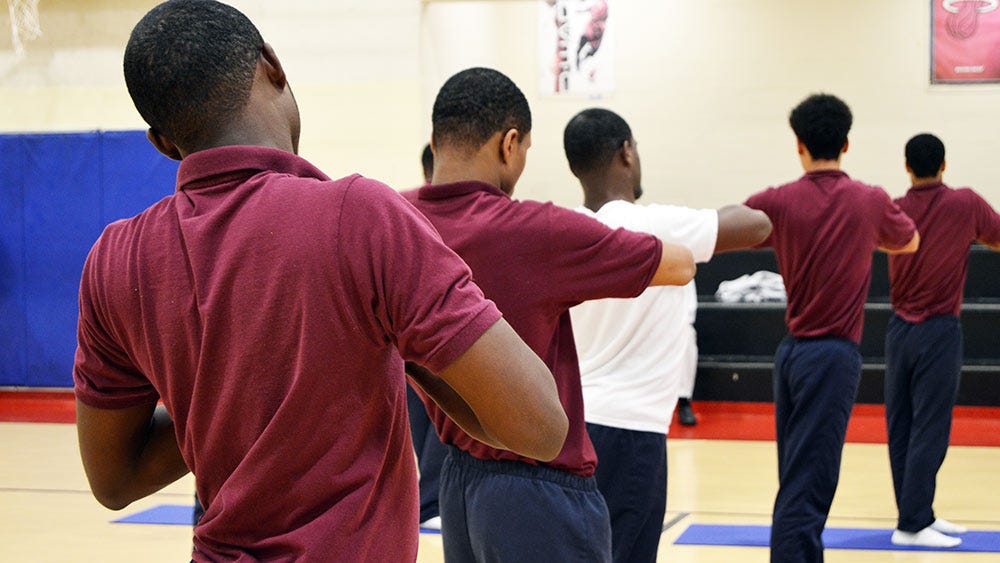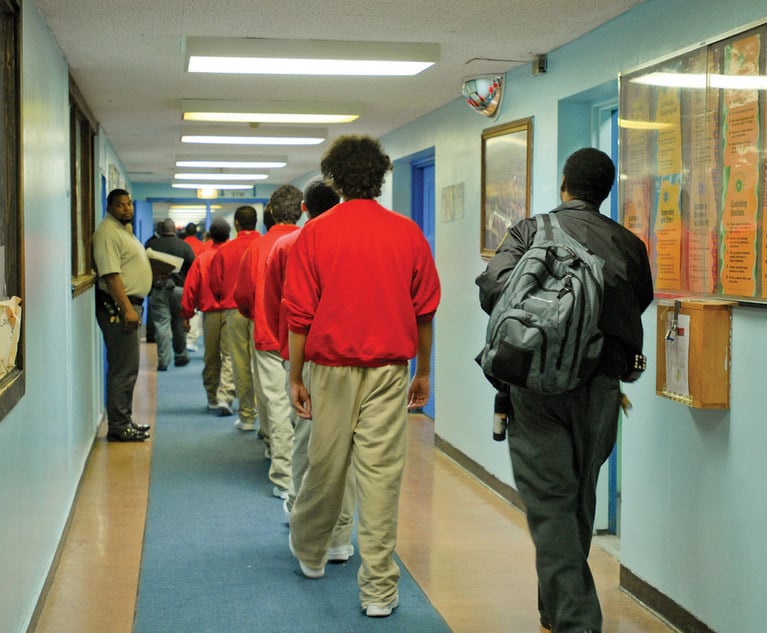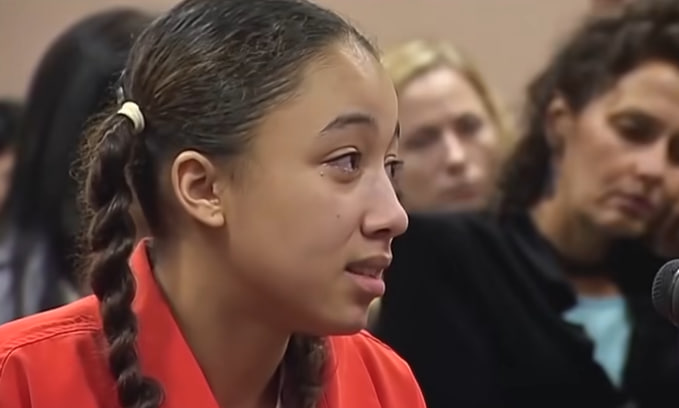The United States has one of the highest incarceration rates globally, and among the most controversial aspects of its criminal justice system is the sentencing of minors to life imprisonment without the possibility of parole. According to reputable human rights organizations such as Human Rights Watch and the Equal Justice Initiative (EJI), at least 79 individuals who were under the age of 14 at the time of their offenses are currently serving life sentences without parole in the U.S.
This troubling figure has reignited conversations across legal, human rights, and political circles about the ethical and constitutional implications of imposing the harshest penalties on individuals who have not yet reached full emotional or cognitive maturity.

The Legal and Ethical Landscape
Over the past two decades, organizations and legal scholars have raised serious concerns regarding the sentencing of minors as adults. Psychological and neurological research has shown that children and adolescents differ from adults in terms of judgment, impulse control, and the ability to foresee consequences. These differences have been recognized by the U.S. Supreme Court, which has delivered key rulings related to juvenile sentencing.
In a landmark decision in 2012 (Miller v. Alabama), the Supreme Court declared that mandatory life without parole sentences for juveniles are unconstitutional under the Eighth Amendment, which prohibits cruel and unusual punishment. The Court emphasized the need to consider each child’s background, potential for rehabilitation, and individual circumstances before issuing such severe penalties. In 2016, the ruling was further extended to include retroactive application, requiring states to re-evaluate past cases where juveniles were sentenced to life without parole under mandatory guidelines.

Disparities and Community Impact
Despite these rulings, hundreds of cases have yet to be reviewed, and many juveniles sentenced prior to 2012 remain incarcerated without the possibility of parole. States such as Florida, Michigan, and Pennsylvania have the highest number of juveniles serving life sentences. In many of these cases, the offenses involved tragic consequences, including loss of life. However, the children involved often came from underprivileged backgrounds, facing systemic challenges such as poverty, domestic abuse, structural racism, and educational neglect.
Numerous studies have found a disproportionate number of these children are from marginalized communities, raising questions about equity in the criminal justice process. Legal advocates argue that young offenders are often denied adequate legal representation and do not fully understand the legal proceedings against them.

A Case That Drew National Attention
One of the most widely discussed cases in the early 2000s involved Lionel Tate, who was arrested at age 12 following the death of a 6-year-old girl during a play session that turned tragically violent. He was initially sentenced to life in prison without parole. Although his sentence was later overturned and reduced through a plea agreement, the case drew national attention and sparked a renewed debate about trying children as adults.
It also raised deeper questions about how much responsibility should be placed on a child who lacks the capacity for adult reasoning and how society defines accountability, punishment, and redemption.

Efforts Toward Reform
In recent years, civil rights organizations and child advocacy groups have pushed for juvenile sentencing reform at both state and federal levels. Many advocates call for an end to life without parole for minors entirely, promoting instead rehabilitative models of justice that focus on transformation, education, and reintegration into society.
Programs emphasizing restorative justice—which aim to repair harm by facilitating dialogue between offenders and victims’ families—are gaining momentum. Supporters argue that such alternatives help young offenders recognize the impact of their actions and offer a more constructive path toward change.
Other recommendations include:
-
Periodic sentence reviews to assess rehabilitation progress
-
Mental health services for incarcerated youth
-
Community-based alternatives to incarceration
-
Stronger legal representation for minors during criminal proceedings
Constitutional and International Criticism
International human rights bodies have criticized the U.S. for being one of the few countries to impose life without parole sentences on minors. The United Nations Convention on the Rights of the Child, which the U.S. has signed but not ratified, opposes such sentences entirely. Former UN officials have stressed that life imprisonment for children denies them the opportunity to grow, mature, and rehabilitate, which conflicts with international standards for juvenile justice.

Looking Ahead: Balancing Justice and Compassion
Supporters of harsher sentences often argue that certain crimes, regardless of the offender’s age, are so severe that they warrant the maximum punishment. However, others caution that such an approach overlooks the potential for growth and rehabilitation that exists uniquely in young people.
The balance between protecting public safety and providing second chances remains a central theme in this debate. While society has a duty to uphold justice and safeguard communities, it also bears the moral responsibility to recognize that children, by their very nature, are still developing and can change.
Conclusion
The reality that at least 79 children under the age of 14 are currently serving life sentences without parole in the U.S. highlights ongoing challenges within the juvenile justice system. While some progress has been made in limiting harsh sentencing for minors, many cases remain unresolved, and disparities persist across state lines.
Reform advocates continue to push for policies grounded in science, fairness, and human dignity. As lawmakers, courts, and communities work toward more compassionate models of justice, the treatment of these young individuals will remain a key measure of the nation’s commitment to equity and the belief that all children deserve a chance to grow beyond their worst mistakes.
